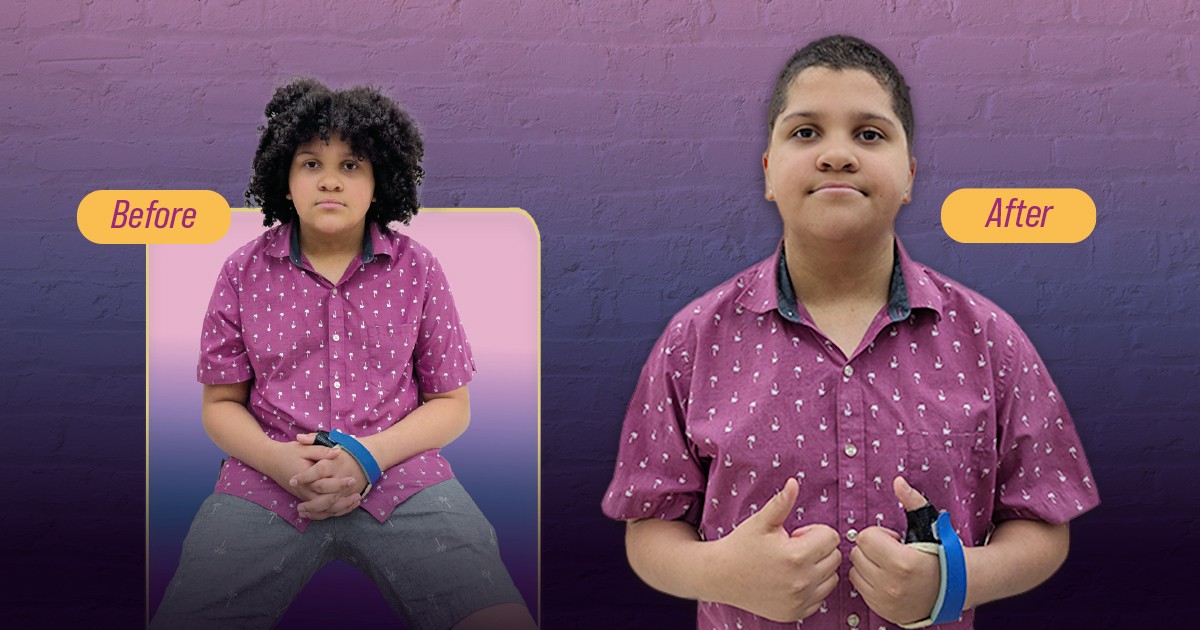We shall overcome because the arc of the moral universe is long but it bends towards justice.—Dr. Martin Luther King Jr., “Remaining Awake Through a Great Revolution.” Speech given at the National Cathedral in Washington, D.C., March 31, 1968
If there’s one thing I’ve learned the hard way in the pursuit of justice and peace, it’s that change is incredibly slow. This may seem like an obviously incorrect statement in our fast-paced world, which is changing drastically and quickly—particularly for readers who long for a time gone by when life appeared simpler. However, as a multi-racial Black woman, now raising a multi-racial Black daughter, the pace of social change just isn’t quick enough, for me or for her.
I came to The Salvation Army at 15 years old, drawn in by a church family who truly lived out what Jesus teaches. This community was, and still is, loving and passionate about serving God and serving others. Growing up in mostly white suburbs, I’ve grown used to being the only Black person in a room (or an entire school). This was often true of my church as well. One of the challenges that comes with environments like these is that subtle racism, micro-aggressions and flippant remarks and jokes are often explained away or excused with the assumption that people just don’t know any better. Times are changing too quickly for people to keep up.
My question is, if we conclude that people just don’t know any better, what do we plan to do about it? As I grow older and reflect on the loving church family that my daughter is going to inherit, I can’t help but want to take active steps to participate in making it more loving, more inclusive, and safe.
More than anything this Black History Month and every month, I want Black people in our churches to be seen. To be valued for, among many other things, our Blackness, our histories, our expertise and our experience. I’m praying for shalom. This Hebrew word, as I understand it, means to make something whole, to have an inward sense of completeness, of wholeness. This means seeing all of me, including my race. “I don’t see colour” (referred to as colour-blindness), while well-intentioned, is untrue and unhelpful. It communicates to me that you don’t see my struggles and, therefore, don’t see my triumphs either.
How can we overcome our colour-blindness? The only way I know how is through education. To me, this looks like examining our bookshelves and podcasts and evaluating whose voices we’ve identified as authoritative when it comes to biblical interpretation and study. Who have we heard preaching from our pulpits and who has been quoted over and over again in our sermons? Do theologians and authors of various ethnic backgrounds have equal authority as teachers of God’s Word? As issues of racial justice are being discussed on the news and in classrooms across the country, are they also being wrestled with, in loving community, in our churches? As a church, are we listening to BIPOC (Black, Indigenous and People of Colour) members when it comes to issues within and outside our walls? Is fear leading us away from those on the margins or are we following Jesus, who is leading us to them?
In the sermon I quoted at the beginning of this article, Dr. King also said: “Yes, we do live in a period where changes are taking place. And there is still the voice crying through the vista of time saying, ‘Behold, I make all things new; former things are passed away.’ ” As a Black worship leader, the songs and Scriptures that have transformed my faith and ministry are the ones that describe God’s coming kingdom here on earth. I wait with anticipation for that kingdom, knowing that one day Jesus will return and make all of this right.
What I don’t do is wait passively. Dr. King was not suggesting we wait for the arc of moral justice to bend on its own. God’s kingdom is being built right here, right now. Church, “we are God’s masterpiece. He has created us anew in Christ Jesus, so we can do the good things he planned for us long ago” (Ephesians 2:10 NLT). Or, as my corps officer, Captain Carolyn Reid, recently preached, “We are God’s good work and he has good work for us to do!” I believe that this work is good. Engaging in these conversations at the local church level is not easy, but for me and others who look like me, it’s not optional either.
Phylicia Rawlins attends Northridge Community Church in Aurora, Ont.
Photo: Silas Allen
This story is from:










Leave a Comment